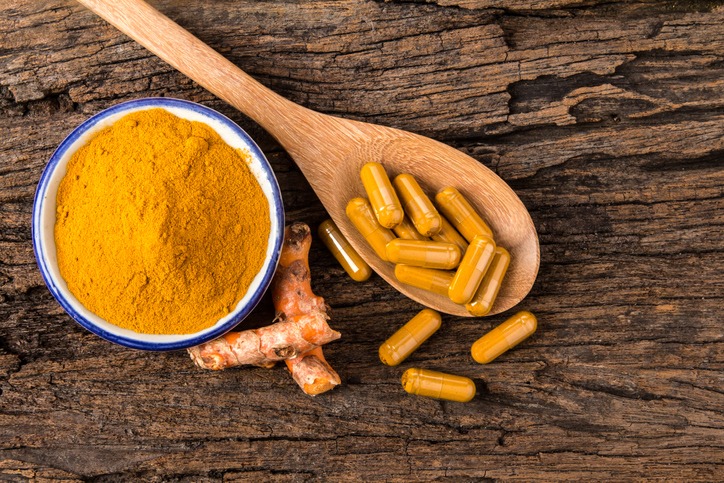Turmeric is one of the most popular spices in the world. It is used in many dishes, and the health benefits have been well-publicised. Even though turmeric has been around for thousands of years, it has only recently caught up as a superfood that many people use, even turmeric capsules, to keep themselves healthy. Turmeric contains curcumin, which is believed to be the most active ingredient that gives this spice its manifold health benefits. However, while turmeric can be a great addition to your diet and help you stay fit as well as healthy during winter, you mustn’t confuse turmeric with regular curries or other food recipes using this spice because consuming too much of this might cause some unpleasant side effects like indigestion or nausea.
Turmeric has grabbed the limelight over the past few decades
This golden-coloured spice has been used for centuries in traditional Indian medicine as a remedy for various health conditions such as rheumatoid arthritis.
It’s used in cooking because it adds colour and flavour to dishes such as curries or rice dishes like biryani or pulao. It also contains flavouring agents like carotenoids (pro-vitamin A) and antioxidants such as phenols like coumarin, which are known to prevent cancer development by slowing down cell growth at tumour sites.
The source of turmeric’s manifold benefits
Turmeric is a member of the ginger family and is native to southern Asia but now grows worldwide.
The most active ingredient of turmeric is curcumin, which is believed to be the source of the spice’s manifold benefits. Curcumin, a polyphenol antioxidant, has many health effects. The compound helps in boosting brain health, reducing inflammation and improving cardiovascular function.
The perfect pill for depression
Turmeric is a fantastic spice that can help you feel better physically and mentally. If you are suffering from depression, then turmeric capsules can be a great natural antidepressant for you. It has been found in numerous studies to be very effective in treating depression and anxiety. Turmeric helps reduce stress levels and improves sleep quality before bedtime.
It works wonders when it comes to digestion problems
Turmeric also works wonders when it comes to obesity. It is a natural anti-inflammatory agent and helps to reduce inflammation in the body, which in turn helps with weight loss. Turmeric can help with weight management and has been known to increase metabolism and reduce fat storage in the body while burning calories faster.
The best way to get turmeric into your diet is by adding it to food or drinks. You can add turmeric powder (or extract) through cooking or baking or drink it as tea once you have added lemon juice, honey and cinnamon powder for taste. But if you don’t like the taste of raw turmeric, then turmeric capsules are for you.
Turmeric also promotes heart health
Heart disease and stroke are the leading causes of death in the US, but turmeric can help to lower your risk of these diseases by improving blood flow and reducing cholesterol levels.
It’s believed that curcumin is responsible for many of these health benefits. Research has shown that it can reduce inflammation and increase antioxidant activity in the body, which may be why some studies have found it effective at lowering cholesterol levels.
Wound healing properties
Antioxidants destroy free radicals, which can cause damage to cells and may lead to cancer, cardiovascular disease (caused by plaque build-up inside blood vessels) and diabetes. Turmeric contains compounds called curcuminoids that are potent antioxidants; they neutralise free radical activity in the body.
Turmeric effectively treats several ailments, such as gastric ulcers and inflammatory bowel diseases (IBD) such as Crohn’s Disease and Ulcerative Colitis. According to a study published in Current Medical Research & Opinion (CMR&O), turmeric supplementation reduces oxidative stress markers like
- plasma malondialdehyde (MDA) level
- kidney injury molecule one protein level
- serum glutamate oxaloacetate transaminase (SGOT)/serum glutamate pyruvate transaminase (SGPT) ratio.

